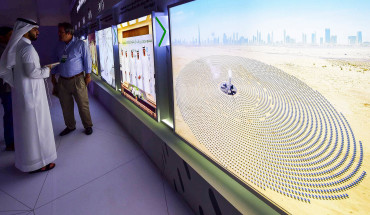Ali Akbar Velayati, the top foreign policy advisor to Supreme Leader Ayatollah Ali Khamenei, has dismissed Turkish charges that Tehran is engaging in dangerous sectarian policies in the Middle East. In response to comments by Turkish Foreign Minister Mevlut Cavusoglu, who said on February 19 at the Munich Security Conference that “Iran wants to turn Syria and Iraq into Shiite [countries],” Velayati blasted Ankara’s Syria policy. “Turkey has achieved none of its stated goals for Syria. They [the Turks] believed that they will be now be praying at the Umayyad Mosque [the Great Mosque of Damascus], which has not happened,” Velayati commented. Shortly after Cavusoglu’s comments in Munich, Tehran summoned the Turkish ambassador in Tehran to lodge a protest.
Comment: The back and forth in Iranian-Turkish relations is likely to continue. While Ankara was pleased with Iran’s quick reaction to condemn the July 2016 Turkish military coup d’état attempt, differences between Iran and Turkey over regional developments appear at the moment to be insurmountable. This reality is despite the fact that Iran and Turkey have recently taken the lead – together with Russia – in seeking to find a political solution to the Syrian war.
Meanwhile, in countering Iran’s regional agenda, the Turks continue to experiment with alliance-building efforts. President Receb Erdogan’s recent tour of the Gulf States was principally driven by a desire to find ways to push back against Iranian ambitions. Not only is Iran irked by such Turkish overtures toward the Gulf States, it is even more irritated by Turkey’s so far successful drive to work toward normalizing its ties with Israel. On the part of the Iranians, the hope had since July 2016 been to change Ankara’s insistence that the regime of Bashar al Assad has to be removed, a change of policy which Turkey has yet to accept.
The Middle East Institute (MEI) is an independent, non-partisan, non-for-profit, educational organization. It does not engage in advocacy and its scholars’ opinions are their own. MEI welcomes financial donations, but retains sole editorial control over its work and its publications reflect only the authors’ views. For a listing of MEI donors, please click here.












